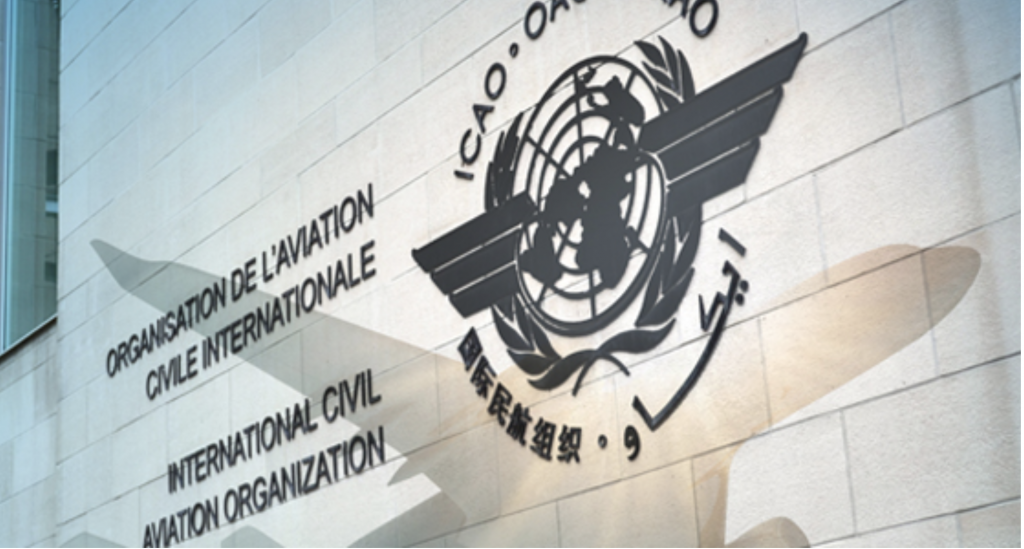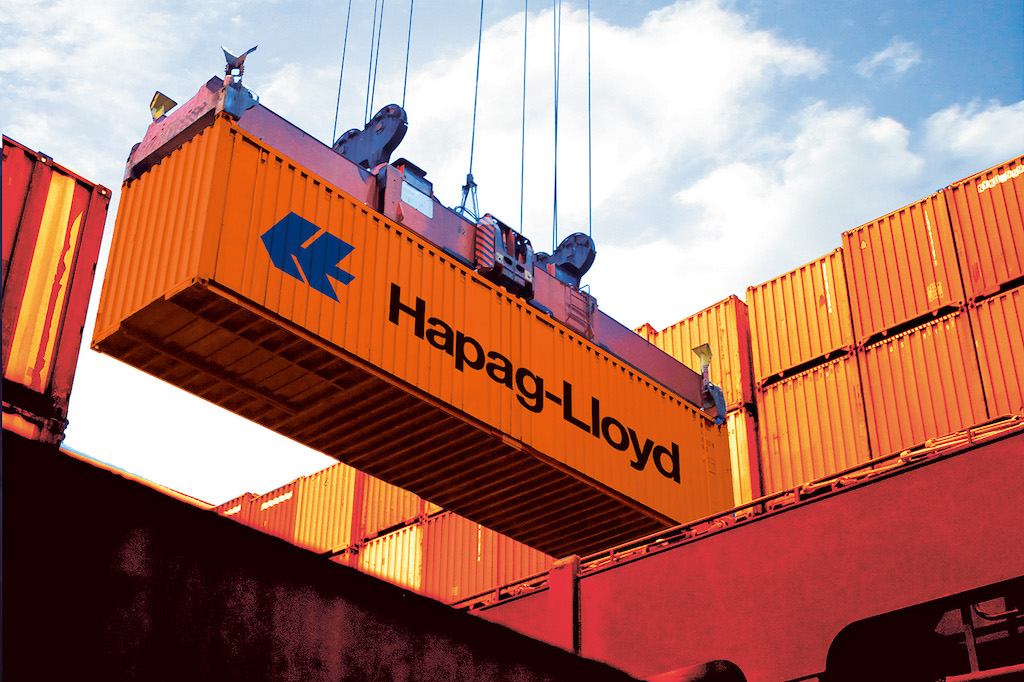
TIACA Secretary General
The International Air Cargo Association (TIACA) is seeking industry views and proposals in response to an International Civil Aviation Organization (ICAO)* working document on a recovery path for the aviation industry in a post-Covid-19 environment
TIACA secretary general Vladimir Zubkov, in the association’s Friday Flyer, said:
“You are already familiar with the coronavirus (COVID-19) outbreak technical meetings held in the ICAO virtual environment. Several weeks of joint work has resulted in a Concept Note called a “Working Document on a post‐COVID‐19 recovery path”.

This time it’s not only for information, but for your views and input. This is what ICAO asked all the international organizations to do – to contribute their positions.
Let me make a few comments based on the content of this document.
This document proposes possible recovery guidance (short, medium and long‐term) with respective influencing factors and foreseeable challenges associated.
In the Analysis of the economic impact of COVID‐19 on civil aviation we have some figures, but mostly limited to passenger carriers: approx. $90bn to $118bn potential loss of gross operating revenues of airlines. These estimates were based on the described scenarios of V‐ shaped and U-shaped paths.
Challenges faced by the aviation industry amid the COVID‐19 crisis, like decrease in demand and supply, liquidity and cashflow and employment, airport slots, travel and trade restrictions and several others are outlined.
Measures suggested, amongst them governments are called upon to support the industry through loans and loan guarantees, direct capital injection; tax alleviation including relief on fuel, payroll, income, ticket taxes and other levies.
Cargo is also featured there with the statement that travel policies resulted in removing significant cargo capacity provided via the bellies of passenger aircraft from the system, which is vital to keep supply chains functional, including deliveries of humanitarian aid and equipment.
Stemming from this, Actions have been called for to: a) clarify or amend travel policies to exempt air cargo; b) exempt specific crews from quarantine requirements; and c) grant temporary traffic rights to ensure efficient cargo operations in support of the global supply chain.
I want to draw your attention to the table in p.4 with the Issues likely to be encountered on the recovery path.

In presenting “Foreseeable Challenges per Scenario” they have allocated special section for air cargo

All what they put in this working document boils down to the content of section “IV. Key concepts for the preparation and implementation of recovery measures” with the foreseen Recovery mechanisms and Additional consideration on the emergence of innovation as a response to the COVID‐19 crisis.
What ICAO is asking the industry? They admit that even with the earlier contributions received, they see a need for the industry to review the document and give suggestions on its content.
How do we see the recovery path? In what way air cargo is different from the rest of the industry? Are their assumptions in the table correct?
I am inviting you to send your thoughts to vzubkov@tiaca.org and secgen@tiaca.org.
It’s time for innovative solutions.

